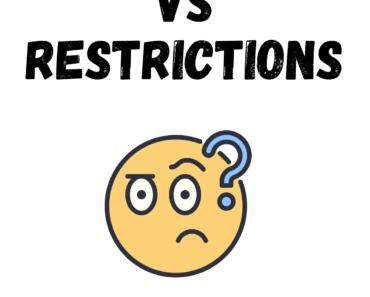While “affective” and “effective” may sound similar, their meanings differ significantly. “Affective” pertains to emotions, moods, and attitudes, often used in psychology and education to describe emotional responses. “Effective,” on the other hand, denotes something that successfully produces the intended or desired result.
Understanding the distinction is crucial, as they represent entirely different concepts. Misusing these terms can lead to confusion in both professional and everyday communication. Let’s delve deeper into each word’s specific meaning, usage, and examples.
Affective
Definition:
“Affective” is an adjective related to emotions or feelings. It is often used in psychology and education to describe emotional states, reactions, or behaviors.
Usage:
- Emotional Response: In psychological contexts, “affective” refers to emotional responses. For instance, “The affective response to the sad movie was evident in the audience’s tears.”
- Mood States: In clinical settings, it can refer to mood disorders. “The patient’s affective disorder required careful medication management.”
- Behavioral Science: In education, “affective learning” focuses on attitudes, feelings, and values, such as “Teachers aim to improve students’ affective skills to promote empathy.”
Examples:
- The therapy aimed at improving the patient’s affective state.
- The affective component of the training emphasized empathy and compassion.
Effective
Definition:
“Effective” is an adjective describing something that produces the intended result or achieves a specific purpose.
Usage:
- Functionality: It describes the functionality or success of something, e.g., “The new policy was highly effective in reducing workplace accidents.”
- Impact: It measures the impact of an action or object. “The vaccine is effective against the latest strain of the virus.”
- Efficiency: It emphasizes efficiency in achieving goals. “Her effective communication skills made her an excellent leader.”
Examples:
- The new teaching method proved to be highly effective in improving student performance.
- An effective manager can inspire and motivate the entire team to achieve their goals.







